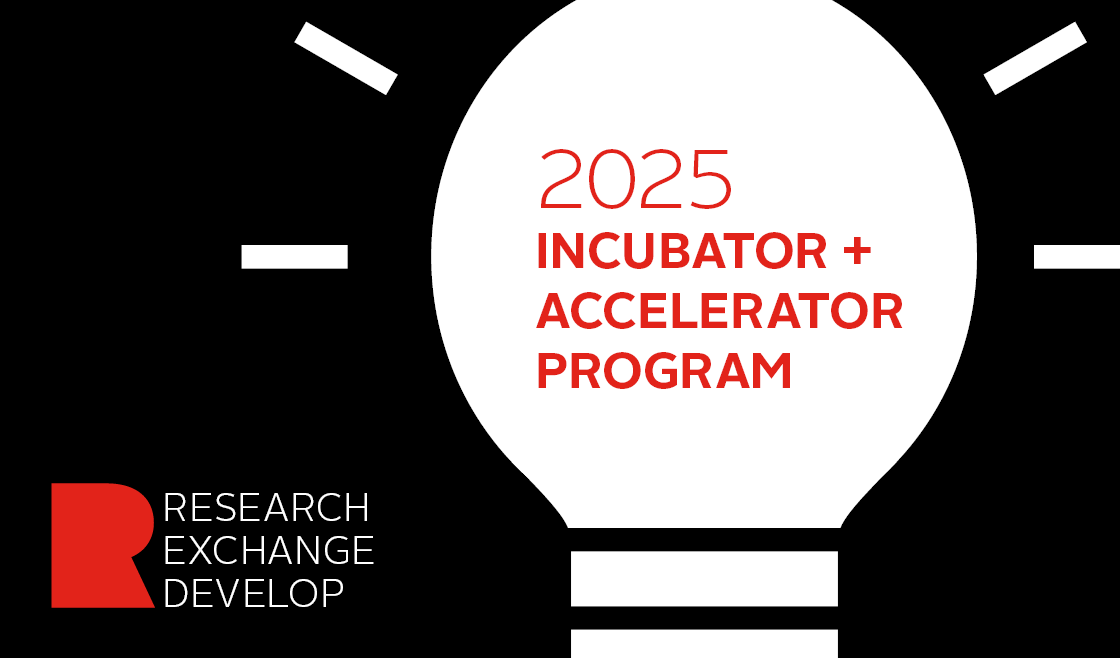2025 RED Incubator & Accelerator Program

While many BBB projects feature innovation, advancements can easily remain isolated within specific projects or teams. The RED Incubator Program aims to harness our collective experience and expertise, cultivate promising ideas, and implement long-term solutions that celebrate our creative ethos—thus strengthening us as a firm, as professionals, and as leaders in our respective fields.
Staff propose topics for research, and grantees are given time to incubate new tools and insights. After the incubation phase, top ideas are selected for an accelerated R&D phase. The program welcomes ideas from across all studios, offices, and departments, fostering an inclusive approach to innovation.
See the 2025 Incubator and Accelerator topics and researchers below!
2025 INCUBATOR TOPICS
Acoustical Research: Helmholtz Resonators
Cathy Hopkinson
Acoustics today is mostly concerned with minimizing interesting phenomena, but research into those phenomena could produce new and interesting architecture, art, and music. This research would focus on the history of helmholtz resonators and their current uses and then build some kind of mock-up or intervention based on the research.
Art Collections Layout Tools
Mat Suen
Develop a tool to optimize storage layouts for institutional collections with varying size, climate control, and security requirements. This would assist clients like higher-ed, and institutional clients in planning collection storage and could be marketed to secure additional work in this specialized area.
California Wildfires and Resiliency
Michael Colton, John Delaney, Sally Lape, Felix Scull
Investigate approaches to rebuilding after the Palisades and Eaton fires that balance expedient reconstruction with historic preservation in affected neighborhoods. This case study would explore regionally and culturally appropriate architectural responses to climate change in historically significant areas.
Addressing NYC's Housing Shortage: Micro-Apartment Buildings on Small-Infill Lots
Michael Wetstone
Research micro-apartments as a solution to NYC's housing shortage by designing efficient small units for starter or transitional housing on underutilized lots. The project would examine code requirements, suggest possible changes, study precedents, and develop an innovative concept design as part of the Summer Intern Design Charrette.
Data-Driven Design: Quantifying Energy Savings from Early-Stage and Post-Design Interventions through Building Energy Calculations
Jenish Thakkar
This research aims to quantify energy savings achieved through design interventions at different stages of a building’s lifecycle using building energy modeling (BEM). The study will assess the impact of early-stage design choices and post-design system optimizations to provide architects and engineers with actionable insights for energy-efficient building performance.
Use of Infrared Thermography (IRT) in Historic Preservation
Angela Curmi, Zuzanna Jarzynska
Explore the integration of Infrared Thermography (IRT) for non-destructive analysis of historic buildings to identify moisture intrusion and heat loss. This shared research project includes evaluating thermal imaging cameras, creating usage manuals, developing case studies, and interviewing staff about commissioned IRT studies.
Preserving Spaces Through Interactive Storytelling
Rolfe Nicholas
Digital storytelling can preserve culturally significant spaces in marginalized communities by combining 3D scans with oral histories, photos, and videos to document both architectural features and socio-cultural narratives before they're lost to gentrification or demolition.
2025 ACCELERATOR TOPICS
Living Historic Structures Report (HSR)
Matthew Breau, Katie Hummelt
Historic Structure Reports (HSRs) guide the stewardship of historic properties but are typically hundreds of pages long, and subsequent alterations are not easily incorporated. A purpose-built dashboard in an open-source database format enhances traditional HSRs with interactivity and the ability to add data over time, creating a “living” HSR.
Plastic-Free Buildings
Allison Fricke
Plastics are pervasive in contemporary building. The incubator phase of this project explored how they came to occupy such a large role, as well as their benefits and costs; the accelerator phase will research plastic-free alternative materials and design strategies in depth, with a focus on developing internal education and design resources.
Midtown Special District Zoning Calculator
Harry Peltz, Nicky Rackard
External zoning consultants provide only pass/fail assessments, hindering our ability to respond quickly to compliance issues or explore alternative solutions, and forcing us into reactive rather than proactive design workflows. The project aims to develop a proprietary tool for testing designs against Midtown Special District zoning requirements, enabling real-time compliance verification, iterative testing, and more creative exploration.